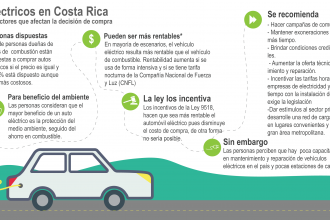Impacts on Water Consumption and Welfare Effects from Appliances Selection & Pricing Policies Under an Increasing Block Pricing Structure in the Residential Sector, The Cases of San Jose and Addis Ababa
The aim of this project is to contribute to the design of water demand management strategies related to water price and technology adoption for residential water consumption in urban areas with rapid


